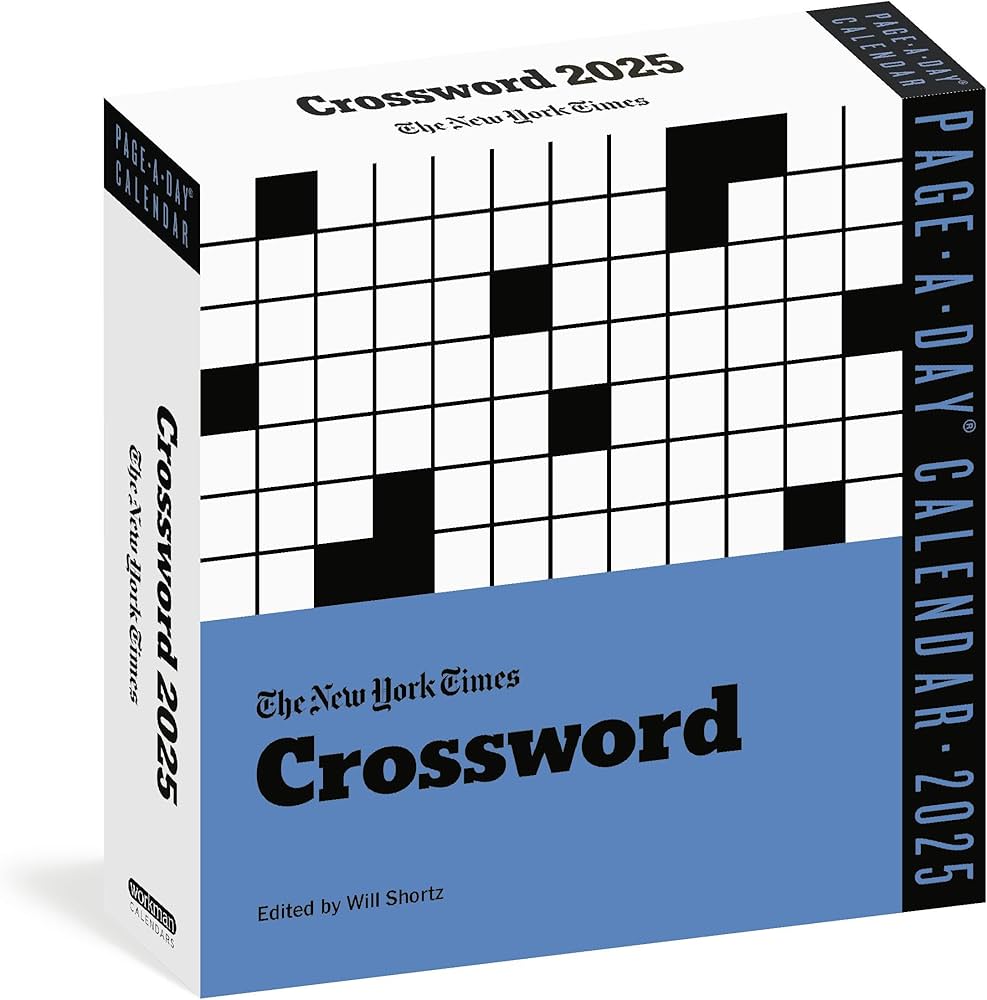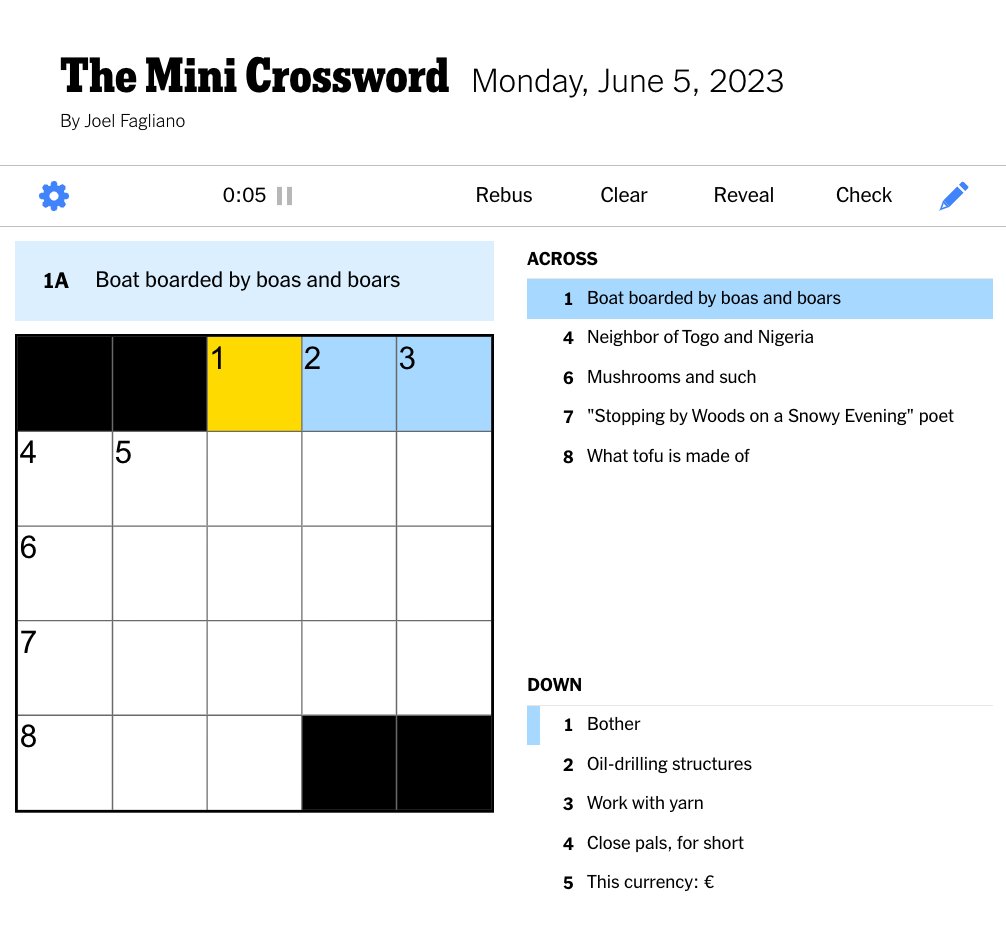Las Vegas Casino Job Cuts: Exploring The Economic Factors

Table of Contents
The Impact of the Pandemic's Lingering Effects on Casino Revenue
The COVID-19 pandemic dealt a significant blow to the Las Vegas casino industry. Lockdowns, travel restrictions, and widespread fear severely reduced tourism and casino revenue, forcing many establishments to implement operational cutbacks and, ultimately, resort to job cuts. The recovery has been slower than anticipated, leaving many casinos struggling to regain pre-pandemic levels of profitability.
- Decreased international travel: The closure of borders and restrictions on international flights drastically reduced the number of high-spending international tourists, a key demographic for Las Vegas casinos. This impacted both the volume of visitors and the average spending per visitor.
- Reduced convention and event bookings: The cancellation of large conventions and events, which often drive significant revenue for casinos and related businesses, led to a substantial drop in occupancy rates and ancillary spending.
- Slower recovery compared to other tourism sectors: While some tourism sectors have shown relatively strong recovery, the casino industry has lagged behind, partly due to lingering concerns about health and safety and a shift in consumer preferences.
- Ongoing impact on consumer spending habits: Even with the easing of restrictions, many consumers remain cautious about discretionary spending, leading to a continued impact on casino revenue.
The slow recovery of international tourism, particularly from high-spending Asian markets, continues to affect high-roller spending, a crucial element of casino profitability. Furthermore, the rise of online gambling has further complicated the situation, diverting some customers away from traditional brick-and-mortar casinos.
Rising Operational Costs and Inflation's Squeeze on Casino Profits
Inflation has significantly impacted the operating costs of Las Vegas casinos, squeezing profit margins and forcing difficult decisions regarding staffing levels. Rising costs across the board have created a challenging environment for maintaining profitability while delivering the high level of service expected by customers.
- Increased labor costs: Minimum wage increases and intense competition for skilled labor, particularly in hospitality and entertainment, have driven up labor costs considerably. Casinos are facing pressure to offer competitive wages and benefits to attract and retain employees.
- Rising energy prices: The escalating cost of energy, including electricity and natural gas, significantly impacts operational expenses, especially for large casino resorts with substantial energy consumption.
- Supply chain disruptions: Disruptions to global supply chains have inflated the cost of goods and services, impacting everything from food and beverages to maintenance and repairs.
- Maintaining service standards: Casinos face pressure to maintain high service standards despite the rising costs, making it challenging to balance profitability with customer satisfaction.
Casinos face a difficult dilemma in passing on these increased costs to customers. Raising prices too significantly could deter tourism and reduce revenue, while absorbing the increased costs eats into already slim profit margins. Consequently, many casinos are exploring automation and technological advancements as cost-saving measures.
The Changing Landscape of the Gaming Industry and Competition
The gaming industry is undergoing a significant transformation, with the rise of online gambling posing a major challenge to traditional casinos. The convenience and accessibility of online platforms, often coupled with lower overhead costs, are attracting a growing segment of the market.
- Growing popularity of online casino games and sports betting: Online gambling offers a diverse range of games and betting options, often accessible 24/7, from the convenience of home.
- Competition from online platforms: Online casino platforms offer a significantly lower cost structure than traditional casinos, allowing them to offer competitive odds and promotions.
- Adapting to attract customers: To remain competitive, casinos must adapt and offer unique, in-person experiences that cannot be replicated online. This includes investing in innovative entertainment options and enhancing the overall customer experience.
- Investment in new technologies: Casinos are investing heavily in new technologies, such as virtual and augmented reality experiences, to attract and retain customers.
The competitive landscape is forcing casinos to re-evaluate their strategies, leading to mergers and acquisitions as some entities seek to consolidate their market share and achieve economies of scale.
The Impact of Economic Downturns and Recessionary Fears
Broader economic uncertainty significantly impacts discretionary spending on entertainment and travel, directly affecting casino revenue and employment. Concerns about a recession can lead to reduced consumer confidence, impacting tourism and potentially causing a ripple effect throughout the Las Vegas economy.
- Reduced consumer confidence: Economic downturns often lead to reduced consumer confidence, impacting willingness to spend on leisure activities like gambling and travel.
- Increased financial strain on potential visitors: Economic hardship reduces disposable income, making it less likely for potential visitors to engage in discretionary spending such as casino visits.
- Decline in high-roller activity: High-roller spending is particularly sensitive to economic downturns, as these individuals are often more affected by market fluctuations and economic uncertainty.
- Impact on local spending: Reduced tourism leads to a decline in local spending, potentially impacting other businesses in Las Vegas and creating a ripple effect throughout the economy.
Conclusion
The recent Las Vegas casino job cuts highlight the complex interplay of economic factors impacting the city's tourism industry. The lingering effects of the pandemic, coupled with rising operational costs, inflation, and increased competition from online gaming platforms, have created significant challenges for casinos. Understanding these factors is crucial for developing strategies to mitigate future job losses and ensure the long-term sustainability of Las Vegas's economy.
Call to Action: Stay informed about the evolving economic landscape of the Las Vegas casino industry and its impact on employment by following our future articles on Las Vegas casino job trends and economic analysis. Understanding these complex issues is crucial for navigating the future of Las Vegas and its casino sector. Keep an eye out for further updates on Las Vegas Casino Job Cuts and related topics.

Featured Posts
-
 Jusuf Kalla Ucapan Selamat Ulang Tahun Dari Gaza Peran Mediator Konflik Israel Palestina
May 18, 2025
Jusuf Kalla Ucapan Selamat Ulang Tahun Dari Gaza Peran Mediator Konflik Israel Palestina
May 18, 2025 -
 Is The Osama Bin Laden Manhunt Documentary Missing From Netflix Heres Why
May 18, 2025
Is The Osama Bin Laden Manhunt Documentary Missing From Netflix Heres Why
May 18, 2025 -
 The Division 2 Sixth Anniversary Celebrating The Community And The Future Of The Game
May 18, 2025
The Division 2 Sixth Anniversary Celebrating The Community And The Future Of The Game
May 18, 2025 -
 Mirax Casino A Top Rated Online Casino In Ontario For 2025
May 18, 2025
Mirax Casino A Top Rated Online Casino In Ontario For 2025
May 18, 2025 -
 Dokovicev Doprinos Mensikovom Uspehu U Novacama
May 18, 2025
Dokovicev Doprinos Mensikovom Uspehu U Novacama
May 18, 2025
Latest Posts
-
 Marvel Avengers Solving The Nyt Mini Crossword Clue For May 1st
May 18, 2025
Marvel Avengers Solving The Nyt Mini Crossword Clue For May 1st
May 18, 2025 -
 March 5 2025 Nyt Mini Crossword Answers And Clues
May 18, 2025
March 5 2025 Nyt Mini Crossword Answers And Clues
May 18, 2025 -
 Nyt Mini Crossword Solution Marvel Avengers Clue May 1st
May 18, 2025
Nyt Mini Crossword Solution Marvel Avengers Clue May 1st
May 18, 2025 -
 Nyt Mini Crossword Solution March 5 2025
May 18, 2025
Nyt Mini Crossword Solution March 5 2025
May 18, 2025 -
 Nyt Mini Crossword Today Hints And Answer For March 5 2025
May 18, 2025
Nyt Mini Crossword Today Hints And Answer For March 5 2025
May 18, 2025
